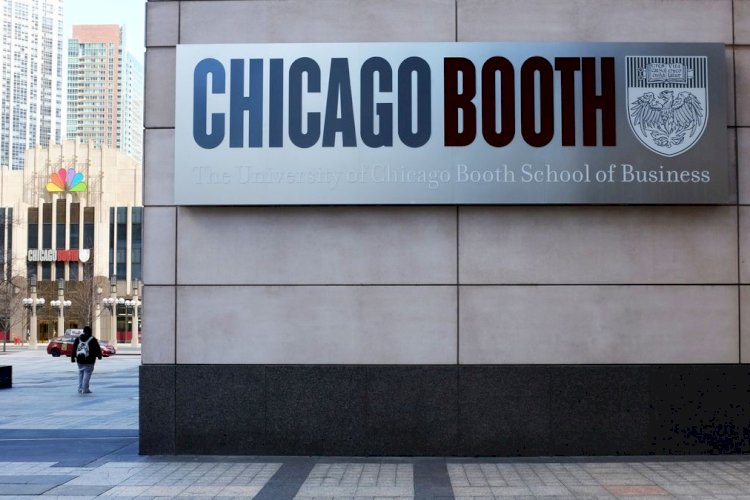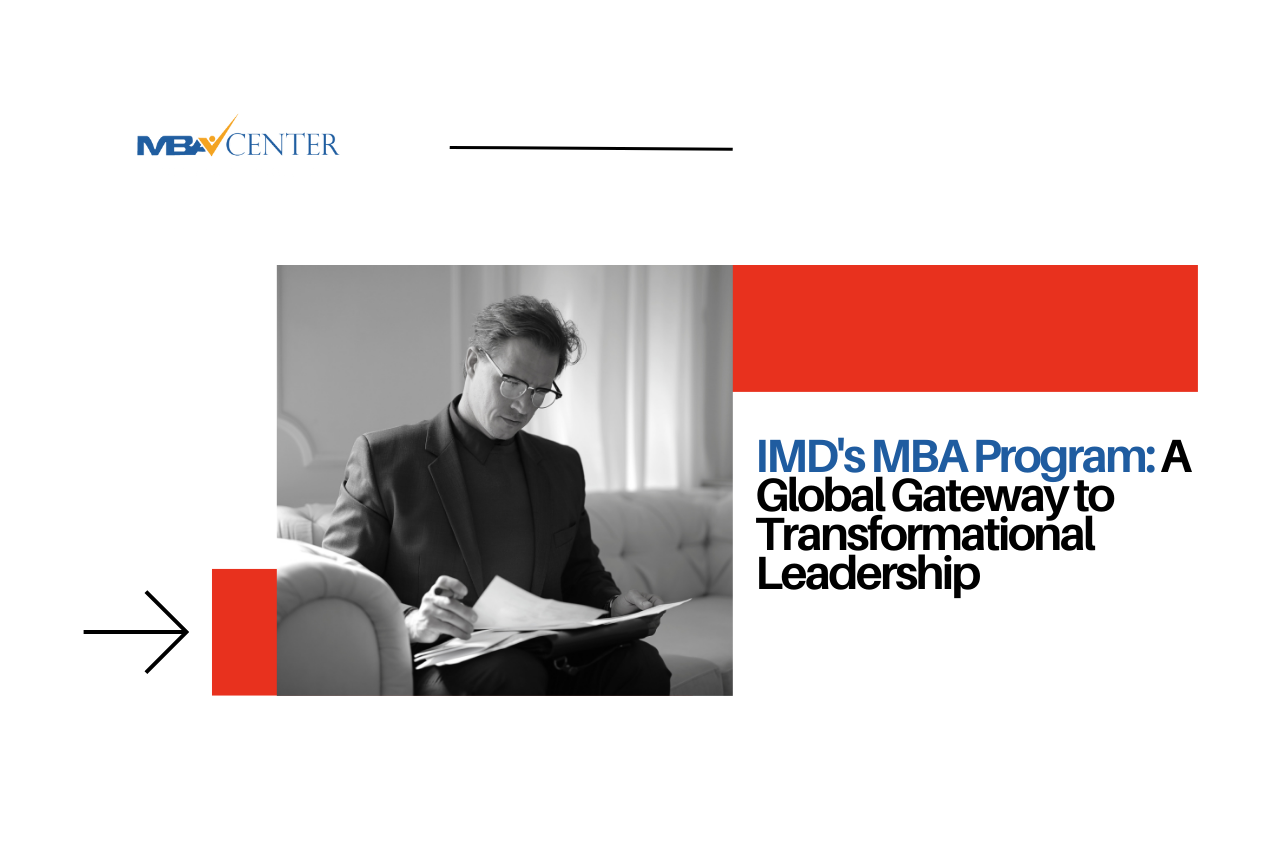
Shatakshi Sharma, a 24-year-old project manager for the Indian government, felt blessed to be in rooms where public policy was regularly moulded.
However, Sharma saw that she was frequently the only woman and the only person under the age of 30 present in those rooms as programs to help young people access education and other measures to better the lives of Indian people were being developed.
The Global Governance Initiative intends to spark a young revolution in public policy engagement by offering the necessary tools and support to aspiring leaders.
Businesswoman, public policy advisor, and global advocate for young females, Shatakshi is a co-founder of the Global Governance Initiative, working to create an equitable and inclusive ecosystem for the world's youth.
Approximately 55% of the initiative's alumni work for global firms such as BCG and McKinsey.
Sharma and Naman Shrivastava created GGI in 2019 to recreate the 20th century higher education landscape through creative masterclasses to develop a more inclusive world for youth and women. They attempt to assist young people in breaking into management consulting, project management, and public policy. They've been invited to speak about their effort at the World Economic Forum.
Shrivastava previously worked for the Indian government and the United Nations. In contrast, Sharma worked for Boston Consulting Group and the Tony Blair Institute for Global Change as a policy adviser. GGI has amassed an alumni network of over 5,500 delegates in just over three years.
The Main Aim of Global Governance Initiative.
People at CGI attempt to think in terms of real privilege, which means that ordinary people get to attend the most outstanding institutions, work at great companies and enjoy all of the benefits, but the majority of people do not. In other words, only 1% of the population receives 99% of the advantages. So, in this pre-MBA fellowship program, our fundamental aim is to bridge that reality advantage.
GGI is a for-profit social enterprise. That means that impact comes first, followed by profit. Financial aid is based on need, and the main goal is to give more young people and women a seat at the table, even if they can't afford a formal MBA or achieve the left brained GMAT and GRE.
Also read: Are the students in graduate management education (MBA) making progress?
 MBA Center Global
MBA Center Global 
























